Games For Impact is always an odd category at The Game Awards. It’s tough to really define what it’s for, and why it’s even in a show that seems to care less about the process behind making games and the vast array of titles than it does the sales of the biggest blockbuster hits. It’s usually full of odds and ends, making me torn on how I feel. But this year, it seems part of the show.
Of the six nominees for Games For Impact, three of them (Life is Strange: Double Exposure, Senua’s Saga: Hellblade 2, and Neva) are nominated elsewhere. Compare that to the last two years when none of them were, or three years ago when just one was (also Life is Strange via True Colors) and it’s a big, positive difference. There were still good games in those crops – TheGamer’s GOTY Citizen Sleeper being the obvious one – but they weren’t TGA games. This year, they are. That’s important.
Games For Impact Has Nominations Across Categories
It brings Games For Impact in line with the rest of the show. While it’s nice on a representational level to see unique games nominated so more games can call themselves official TGA nominees, it was always odd that games appeared here and nowhere else. It made it seem like a fake category. These weren’t ’real TGA nominees’, just charity cases. That’s not the case this year, and a rising tide raises all boats.
Even though Closer the Distance, Indika, and Tales of Kenzera: Zau are only nominated here, the category is legitimised by having noms cross into other categories. It now feels like Closer the Distance and Indika are unlucky not to be in the Indie categories, rather than lucky to be nominated for anything at all.
It’s still a category only open to certain games, and one the jury will likely disqualify the major triple-A titles from to make room for others. But hopefully this is the start of it being considered part of the show for real, rather than a participation trophy. The thinner crop of great games in 2024 (nominees in most categories were stronger and better reviewed last year) may be a factor, but I hope it is part of a longer lasting trend.
I Don’t Agree With The Nominees, But That’s Showbiz
I still don’t think the selections are perfect, but that’s how award shows go. There’s not one category where, if I had my way, I wouldn’t change at least one nominee. But in previous years, Games For Impact has been sheltered from this. The games weren’t really in a race. It was peak Honoured To Be Nominated territory.
Any criticism was usually angled at the award itself, for the show and jury failing to mesh Games For Impact into the fabric of the ceremony. The titles themselves were above reproach. That they’re now open to evaluation is another sign that this is finally a real category. And it’s these in games that help legitimise the award where there seems room for improvement.
Not Neva. Its parental metaphor and environmental themes told wordlessly through raising a wolf pup is a great nominee and well deserved in other categories too.
Hellblade 2 deals with complex issues through Senua’s psychosis, though not quite as well as the first game did. Then again, few have tackled mental health so fiercely, and with a DLC of a GOTY winner up for GOTY itself, maybe Hellblade isn’t the worst double dipper on the docket. I’m unconvinced that Hellblade’s backwards step is worthy of nomination, but seeing as it’s also up for Best Narrative, the jury clearly disagrees.
Life is Strange meanwhile is a quintessential Games for Impact series. This is its fourth time appearing in the category, more than any other game. But it’s hard to see why this time. It has a nice, cosy feel – the games are always set in a progressive utopia, despite the murders they feature – but I’m not sure what else there is to it. Maybe I’m taking Life is Strange for granted. Double Exposure features several gay characters, lots of diversity, and a trans woman. That’s in line with this award. But it does feel a little like LiS is there by default, even if it definitely does deserve Hannah Telles’ nomination in Best Performance.
This also feels like a major slight on Dragon Age: The Veilguard. For all the flaws with its lore and softening of Dragon Age’s bite, its trans representation is fantastic and embedded deep within the game. Taash’s coming out was divisive, but I understood the intention and imperfection has never been a disqualifier in this category previously. Then there’s Rook’s own optional transness, which is one of the best examples of embracing gender identity I have seen in a video game. The Veilguard would be my pick to win, and it’s not even nominated.
Perhaps those who would have voted declined to as they were already putting it up for ‘real’ categories, which it didn’t make the cut for (Innovation in Accessibility is decided by a specialist jury), and those who wouldn’t have voted for it in major categories didn’t like it enough to see its value in Games For Impact. Either way, the lack of The Veilguard is the one glaring misfire in this category, even if I consider other noms imperfect.
It’s tough to call who will win this year. I suspect the weight of the playerbase for Life is Strange and Hellblade will tip the scales. The category is being taken a bit more seriously, but perhaps not enough for the jury to make space in their calendars to play Closer the Distance. But if this trend holds into next year, maybe Games For Impact can finally feel like part of the show.
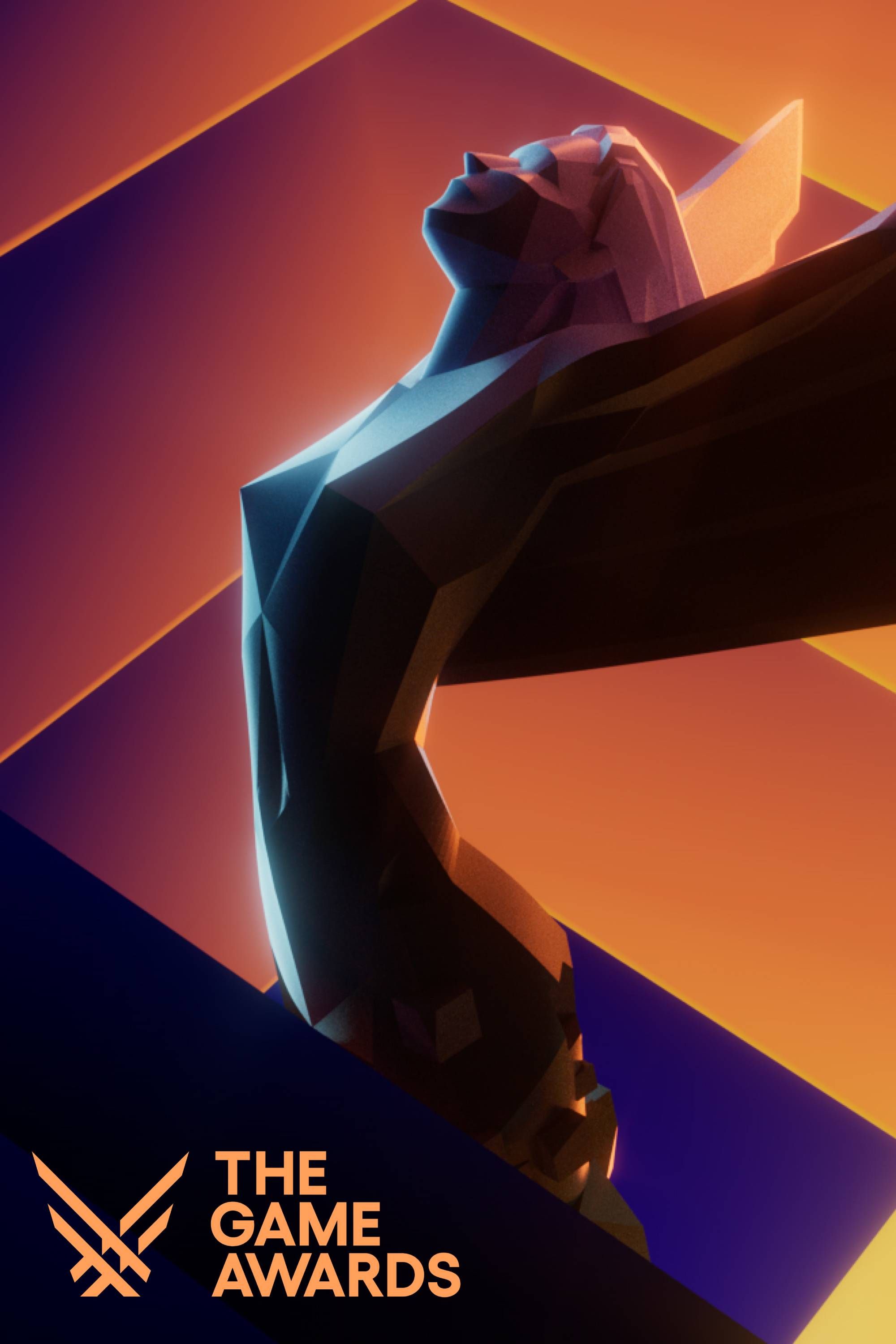
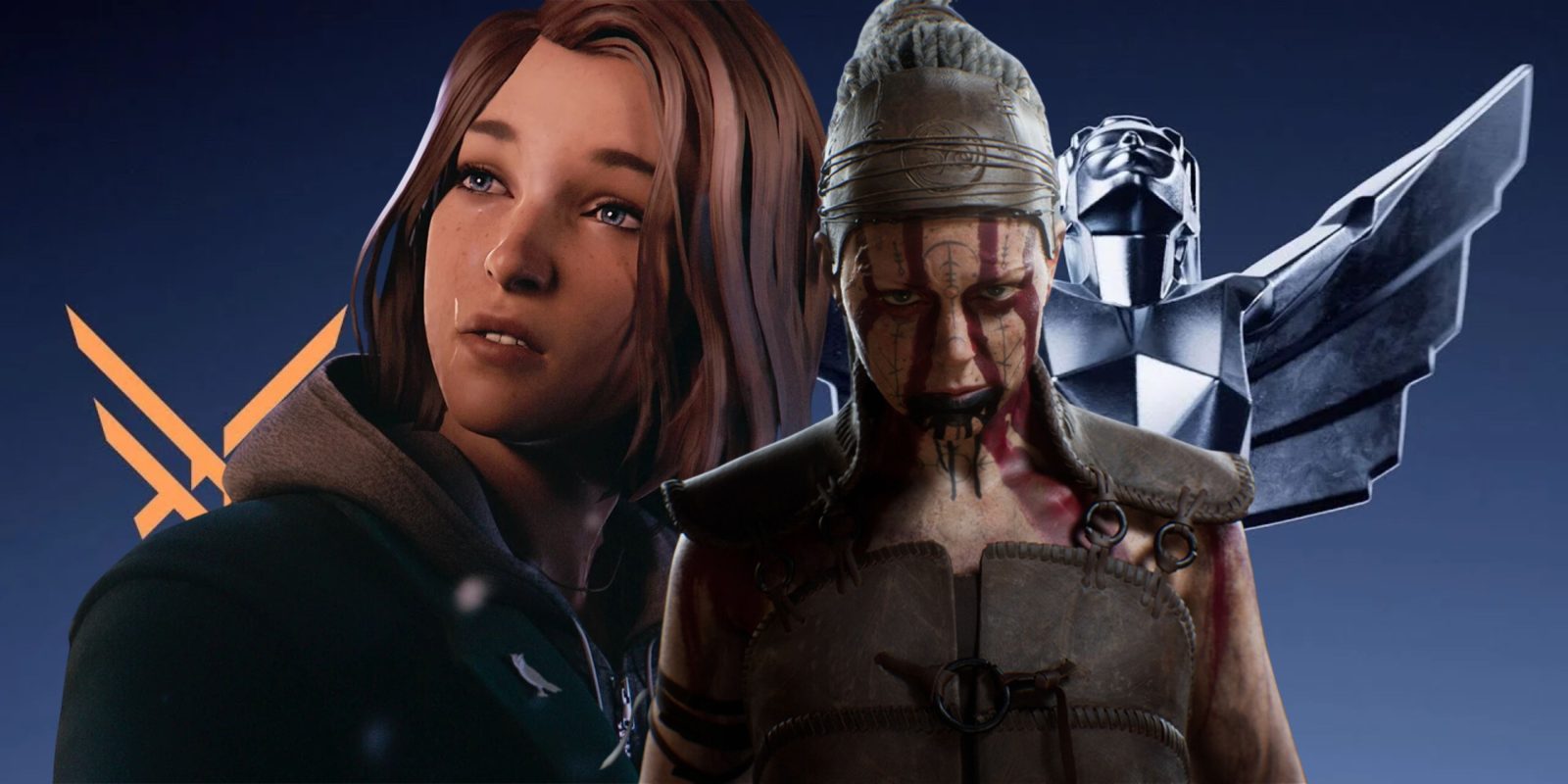


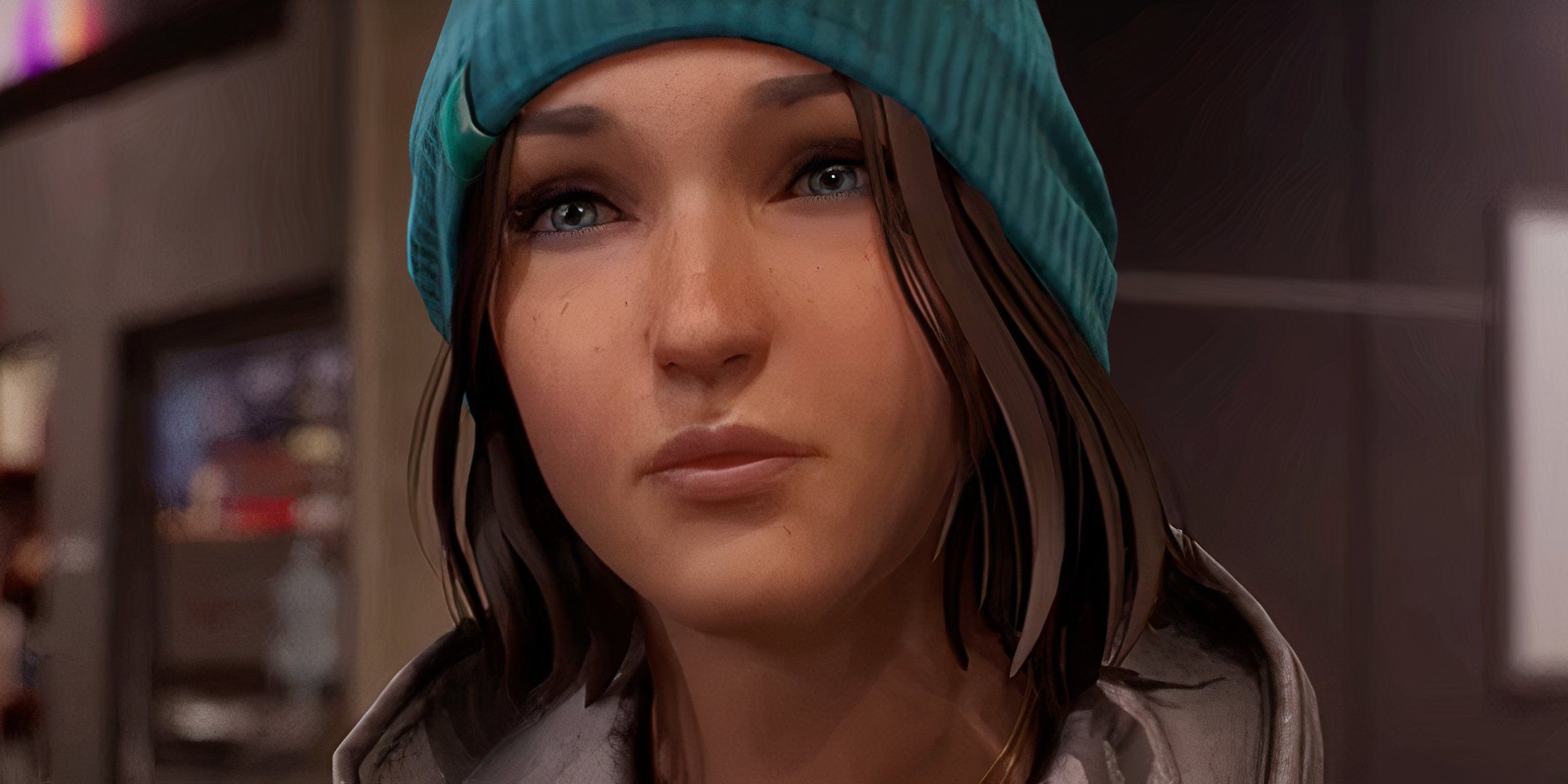
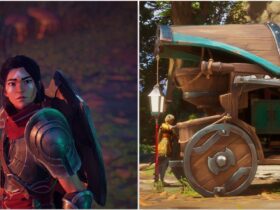

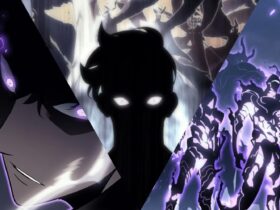







Leave a Reply